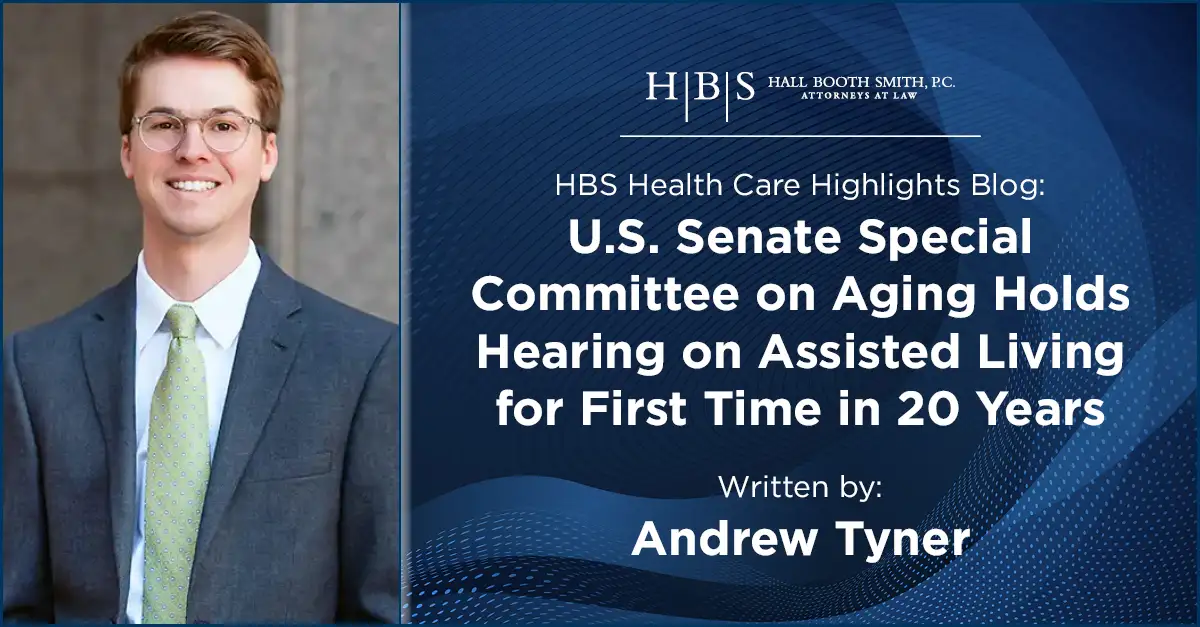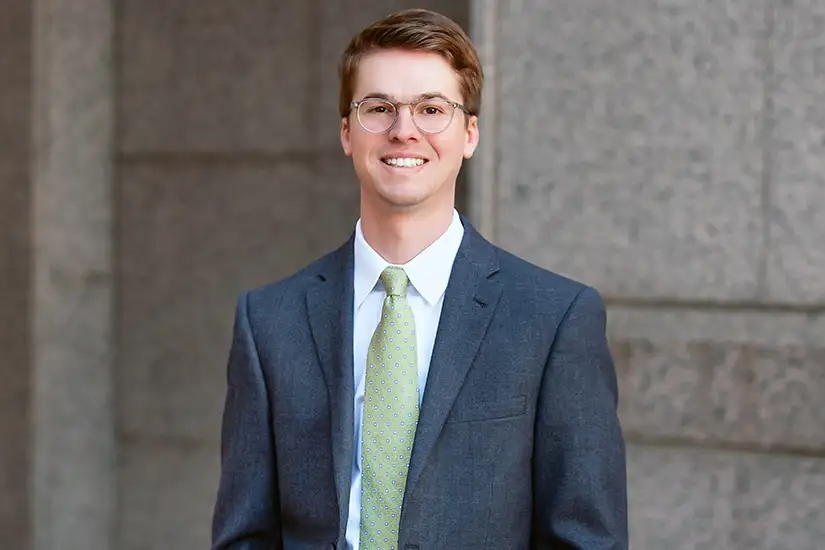
U.S. Senate Special Committee on Aging Holds Hearing on Assisted Living for First Time in 20 Years
Introduction
On January 25, 2024, the United States Senate Special Committee on Aging (the “Committee”) held a hearing entitled, “Assisted Living Facilities: Understanding Long-Term Care Options for Older Adults.” It was the first hearing on assisted living held by the Committee in twenty years, and it followed a series of letters sent by the Committee’s Chairman, U.S. Senator Bob Casey (D-PA), to Atria Senior Living, Brookdale Senior Living, and Sunrise Senior Living.
Hearing testimony, like Senator Casey’s letters, focused on present areas of concern in the long-term care space: workforce shortages and staff compensation, the cost of care to the consumer, and the adequacy of care in assisted living facilities.
Areas of Concern
Workforce & Compensation
The Committee recognized the labor shortages experienced by senior living providers, particularly in the wake of the COVID-19 Pandemic. The Committee noted that by 2030, the senior living industry will need an additional 5 to 7 million more caregivers to match the increasing, aging population.
Cost of Care
As to the cost of care, the Committee stated that the average cost of assisted living care in the United States is roughly $4500 per month. Senators pushed for more transparency in both cost of care to the consumer and cost of care at the facility and corporate levels.
Adequacy of Care
The Committee cited series from the New York Times and Washington Post highlighting incidents at assisted living facilities, including incidents of elopement. Julie Simpkins, Co-President of Gardant Management Solutions and a witness, pushed back, explaining that elopements and other incidents described by the Committee were rare and not indicative of the assisted living experience.
Proposed Solutions
The Committee also elicited witness recommendations for addressing areas of concern in the assisted living space. Some witnesses proposed creating national standards for quality and safety, similar to those already in place for skilled nursing facilities.
However, it was unclear how national standards would be enforced, with most assisted living facilities not participating in Medicare. Others warned against standardization at the federal level, asserting that a more dynamic, state-based approach would provide the best outcomes for an aging population whose needs are not homogenous. Some advocates proposed a national assisted living database, similar to that of Nursing Home Care Compare for skilled nursing facilities, while others proposed improving and standardizing training for direct care workers in assisted living facilities.
Closing
Ultimately, senior living providers should continue to monitor the Committee, its hearings, and its recommendations, as they offer insight into future legislative or regulatory action aimed at assisted living facilities amid an aging population.
Andrew Tyner, an associate from the HBS Atlanta office, attended the Committee hearing. For more information on the Committee hearing and what it means for your organization, please contact Laura Hall Cartner, Andrew Tyner, or any member of our Aging Services practice.
Disclaimer
This material is provided for informational purposes only. It is not intended to constitute legal advice nor does it create a client-lawyer relationship between Hall Booth Smith, P.C. and any recipient. Recipients should consult with counsel before taking any actions based on the information contained within this material. This material may be considered attorney advertising in some jurisdictions. Prior results do not guarantee a similar outcome.
Blog Overview
About the Author
Andrew Tyner
Attorney at Law | Atlanta Office
T: 678.539.1609
E: atyner@hallboothsmith.com
Andrew Tyner focuses his practice on aging services, products liability, and general liability claims and has represented clients in commercial real estate litigation and personal injury lawsuits.




Leave a comment
You must be logged in to post a comment.